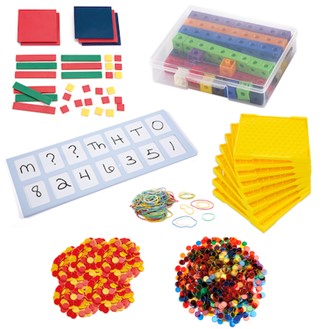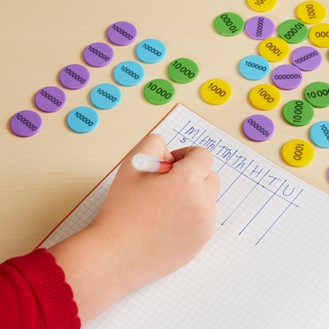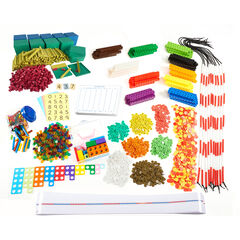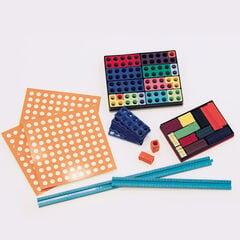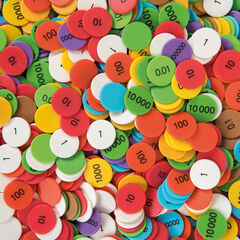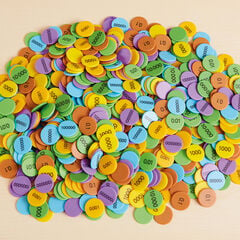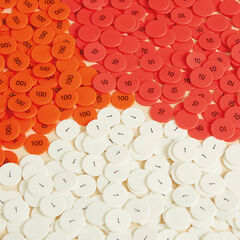There is a plethora of research supporting the use of maths manipulatives within schools, from the very start of a child’s maths journey to mastering more complex mathematical ideas. Key Stage Two is a crucial stage in a child’s academic life, as this is the stage where children transition from concrete to abstract thinking. Using maths manipulatives in Key Stage Two is an essential tool to help build on the way children learn maths.
Advantages of Maths manipulatives
By using manipulatives, such as cubes, counters, rekenreks and shapes, pupils can touch, feel and manipulate objects as they learn mathematical concepts. One of the biggest advantages of using maths manipulatives in Key Stage Two is that they make maths more engaging and fun. They help to keep children’s attention and provide an interactive way for them to learn. Our children are more likely to enjoy maths when they can manipulate objects. Many people learn best through doing – making maths more exciting for them.
Another advantage of maths manipulatives is that they provide a visual representation of maths concepts. This is especially helpful for children who struggle with abstract thinking. By using manipulatives, children can see the relationships between numbers, shapes, and other mathematical concepts. This can make maths easier to understand and remember.
They are also crucial when used to teach problem-solving skills. Children can work through maths problems and find solutions in a hands-on way. This helps to develop critical thinking and problem-solving skills.
Should you use Maths Manipulatives in KS2?
It is clear to see maths manipulatives are a valuable tool for teaching maths in Key Stage Two. They can help to make maths more engaging and fun, provide a visual representation of maths concepts, and teach problem-solving skills. By incorporating manipulatives into maths lessons, we are now able to help children to develop a deeper understanding of maths and prepare them for further success in their academic careers.
With many thanks to Stephen Groutage for writing this blog. Stephen is a primary school teacher and been the maths lead in his school for the past 11 years.



